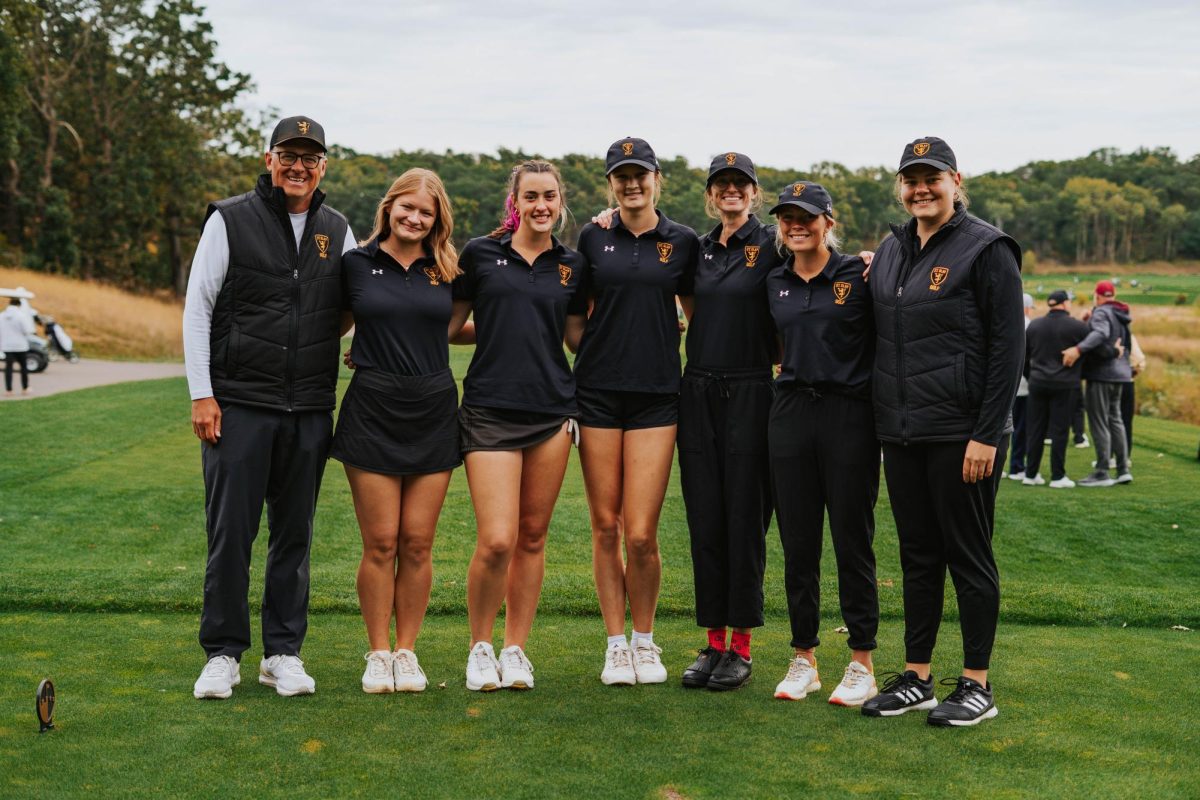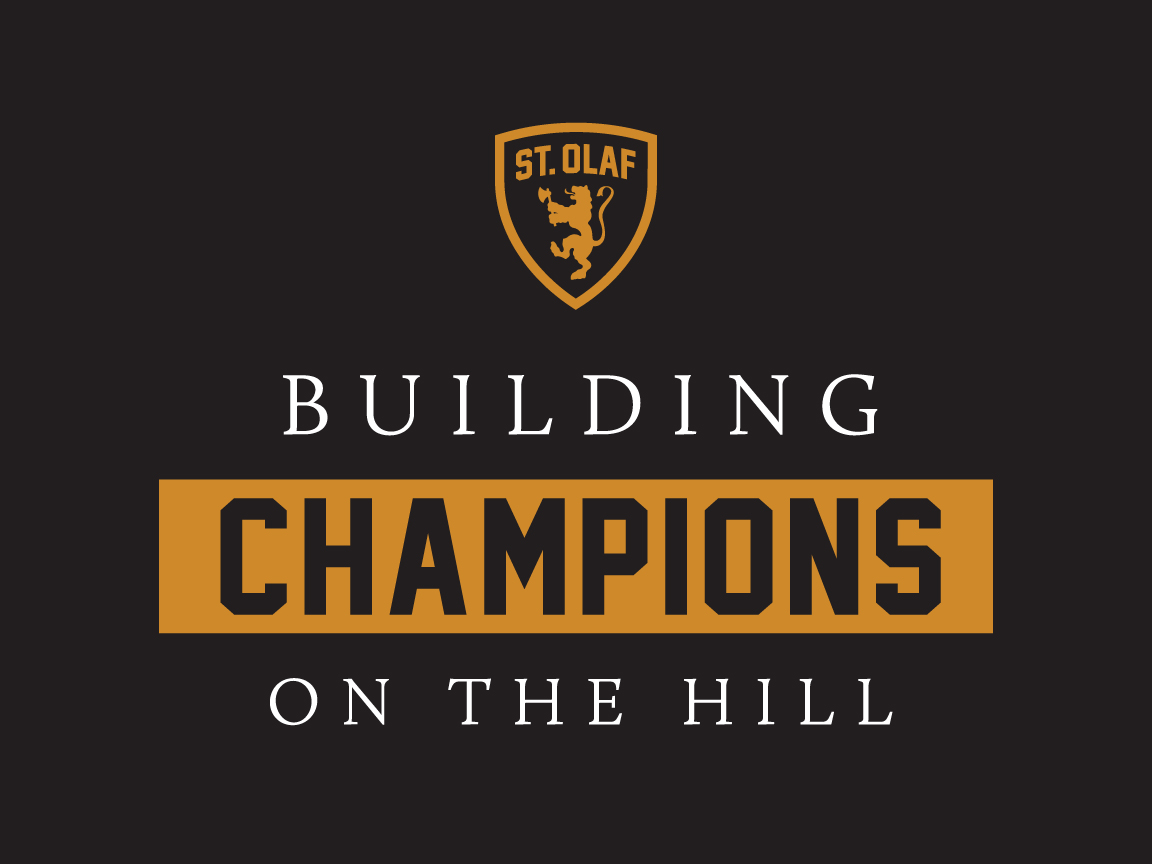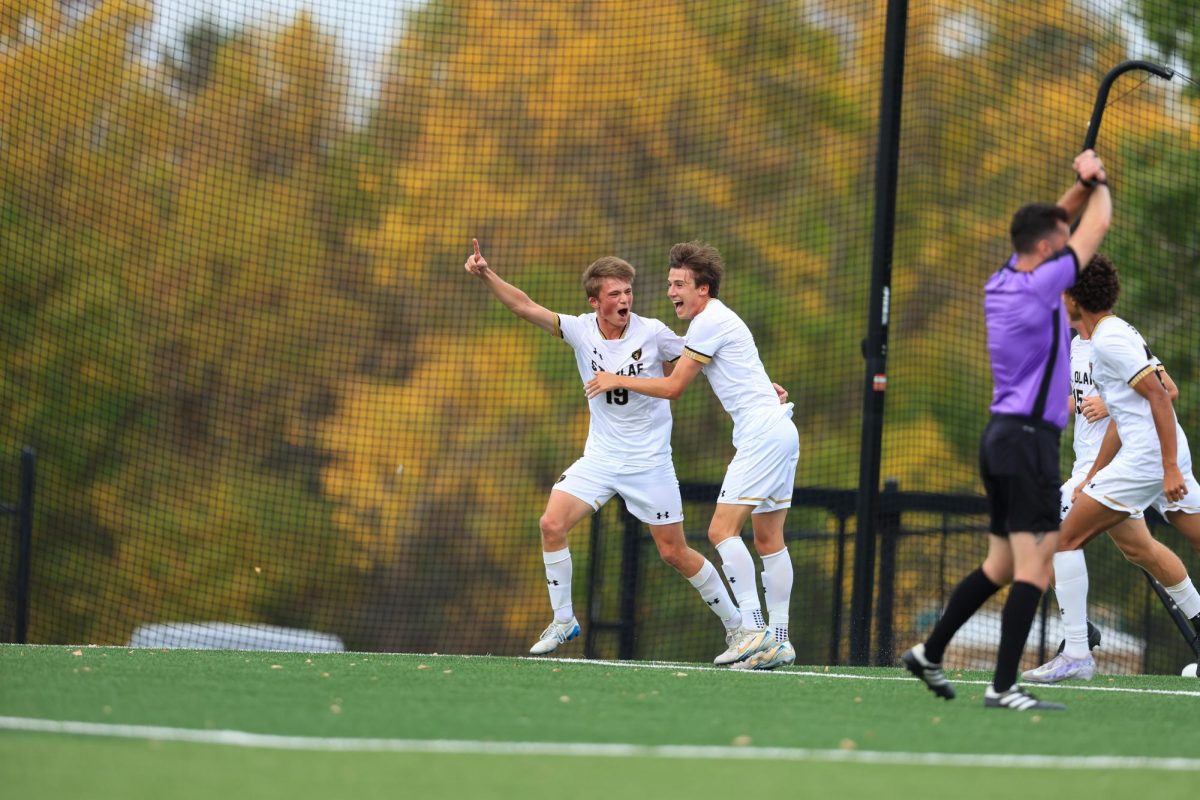You can’t take politics out of USA vs. Mexico.” While I perused sports stories to write on this week, this headline from SBNation.com, and ones of similar political viewpoints regarding last Saturday’s soccer match between Team USA and Mexico kept appearing no matter where I looked. Perhaps it was a week’s worth of political frustration finally boiling over, but after an hour of nonstop sports articles embedded in the election, for better or worse, I had about enough.
You certainly can take politics out of sporting events, and I insist that we must separate the two immediately. Politics have no place in sports whatsoever. Fans flock to sports in order to escape the crushing weight of political cynicism, taking solace in their mutual interest despite any dissonant political views they may possess. Blending the two strips sports of its power to unite, turning one of the last sanctities of American unity into a yet another political battleground that prolongs divisive hatred, a dark reality that sports enthusiasts should not have to face.
A common argument is that athletes can use their heavy influence to be role models, especially to the youth they inspire. I would agree in most contexts – politics would not be one of them. After all, in the realm of politics, athletes are no more experts than any average American and should not be treated as such. In this specific election, they have been particularly lousy political role models.
Take Colin Kaepernick – after months of kneeling during the national anthem to increase awareness of racial inequality and to promote change, the 49ers quarterback refrained from voting, all but invalidating his protest in the eyes of many. Kaepernick’s influence here is to tell people that it’s acceptable to passively ask for justice while refusing to take action when it matters – not exactly a positive influential message.
Not to say that athletes shouldn’t be allowed to express their political views at all – as Americans, their right to freedom of speech is absolutely constitutional. Rather than faulting them, I condemn the media who unabashedly pry these political views out of athletes in a desperate attempt to acquire a cheap, easy headline. Doing so only perpetuates the ideological divide currently tearing this country apart. Suddenly conservatives are calling Spurs head coach Gregg Popovich a clown for his anti-Trump sentiments, while liberals are accusing Patriots quarterback Tom Brady of bigotry for his support of the president-elect, initiating toxic partisan debates in a sports landscape where they have no place. Media are turning sports, which used to be a symbol of worldwide unity, into an unsophisticated political debate, and that is shameful.
In no way am I advocating escapism as a legitimate form of problem solving. This country is arguably more split than ever, and only by taking action can Americans hope to move past the inevitable trials and tribulations that await. Turning the other cheek to this myriad of problems will do nothing to improve an unsettling national climate.
However, I firmly believe that in times of such turbulence, people need some source of independent stability to provide temporary relief when an onslaught of despair threatens their mental well-being. For myself and millions of Americans, sports represent that outlet, and if we continue to poison it with the harsh realities of a divisive political landscape, that beacon of hope will get enveloped by hatred. In uncertain times like this, losing sports to political rhetoric would be tragic.
Acknowledging that the mere existence of this editorial contradicts the very foundation upon which it is based, I refuse to dignify this discussion by carrying it out any longer. Sports are one of the final bastions of hope in a nation experiencing harsh antagonism. If the media continues to insist on bleeding political turmoil into sports headlines, then America’s battle towards a greater sense of national empathy is already a losing one.




